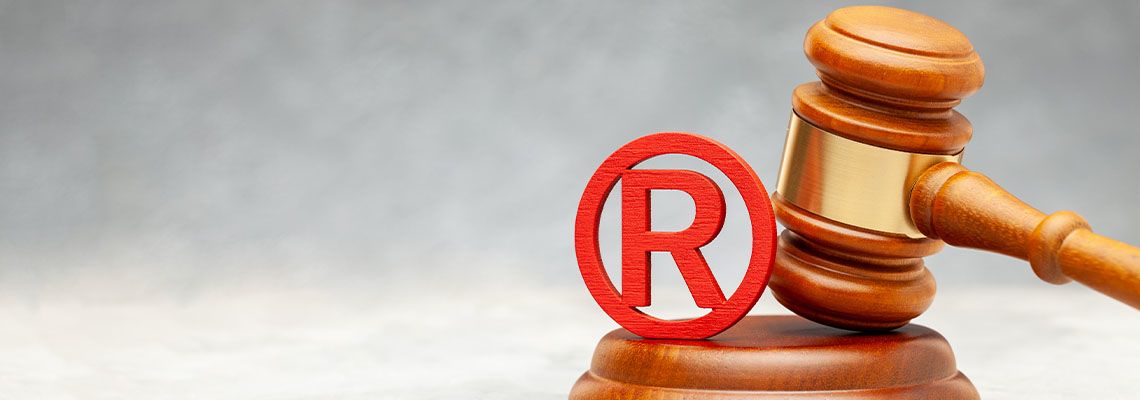
Can Someone Use the Same Trademark for a Different Product?
Trademarks can be names, logos, symbols, and descriptive phrases. The Golden Arches, for instance, identify directly with McDonald’s. Or, “Let’s get ready to rumble,” the phrase made famous by boxing and wrestling announcer Michael Buffer has been officially trademarked with the United States Patent and Trademark Office (USPTO, and earned the owner some $400 million in licensing fees.
Clearly, if you wanted to use the McDonald’s symbol or Buffer’s sentence as the identifying mark for your product or service, you would face legal challenges by the owners over infringement. On the flip side, however, both Dove Bars and Dove soap use the same word to identify their products, as do Delta Airlines and Delta Faucets, and there is no trademark conflict.
One of the major standards employed by the USPTO on whether to approve a trademark is whether it will cause confusion among consumers. Thus, Delta and Dove, being used for entirely different products or services, are not confusing to consumers.
If you or your business is considering the use of a similar mark for your product or service, or if you or your business feels someone else is infringing on your mark in Kansas City, Missouri, contact the Ream Law Firm, L.L.C., to discuss your situation. Attorney Dale J. Ream has been a registered patent attorney for over 25 years and has given assistance to hundreds of patent applications of all types to issuance.
The Ream Law Firm, L.L.C. has been proudly serving clients throughout the Kansas City metro area, including Johnson County, Kansas, and Jackson County, Missouri, for more than 25 years.
Can I Use a Trademark for a Different Product?
The answer is yes, no, and maybe. Again, one major issue that the USPTO considers is whether the trademark will cause confusion among consumers.
If you decided to launch a line of casual wear called “Attaboy,” for instance, and another business was already using Attaboy for shoes, there could indeed be an issue of confusion over the brands. But if Attaboy were being used for a cologne, there might be less confusion, and if Attaboy were trademarked for a dog product, there would be even less and probably no confusion.
How the USPTO Determines Similarities
The two major considerations used by the USPTO when a similar trademark is being applied for are how similar the marks are and how related the goods or services they represent are. Additional factors the examiner will take into consideration include:
Whether an existing mark is famous (Golden Arches, “Rumble”).
How similar the avenues of trade are between the products or services they represent.
Whether there has already been confusion caused by the similarity.
The consumers and whether they will be confused by the similar marks.
The conditions and channels under which sales are made (geographic location, online, television).
How Trademark Classes Apply and Why They Are Important
Dove Bar, Dove soap, Delta Airlines, and Delta Faucets fall into a different category or what the USPTO calls classes. As the USPTO website explains, “Trademark classes are a way for us to organize the goods or services used in applications, assess fees, and aid in searching our database of registered and pending trademarks.”
The USPTO divides marks into 45 classes, 34 for products and 11 for services. It is possible that some marks may fall into several classes, each of which you could apply under. For instance, if you have a product that reduces back pain and is an external device that massages the painful back area, you could possibly register it under both Class 10 Medical Supplies and Class 11 Appliances.
Registering a similar mark under the same class can be a red flag to the trademark examiner at the USPTO, and if its approval would or could result in confusion to consumers, it likely won’t be approved.
Trusted Guidance When You Need It Most
Whether you’re seeking to register a mark similar to someone else’s or feel someone else is infringing on your mark, you are going to need experienced legal assistance. The trademark application process is complicated enough, and deciding whether someone is infringing on your mark can also be tricky.
In either situation, contact the Ream Law Firm, L.L.C. for clear legal direction. With more than 25 years of experience as a registered patent attorney, Attorney Dale J. Ream will help you resolve your issue and protect your rights to your mark.
